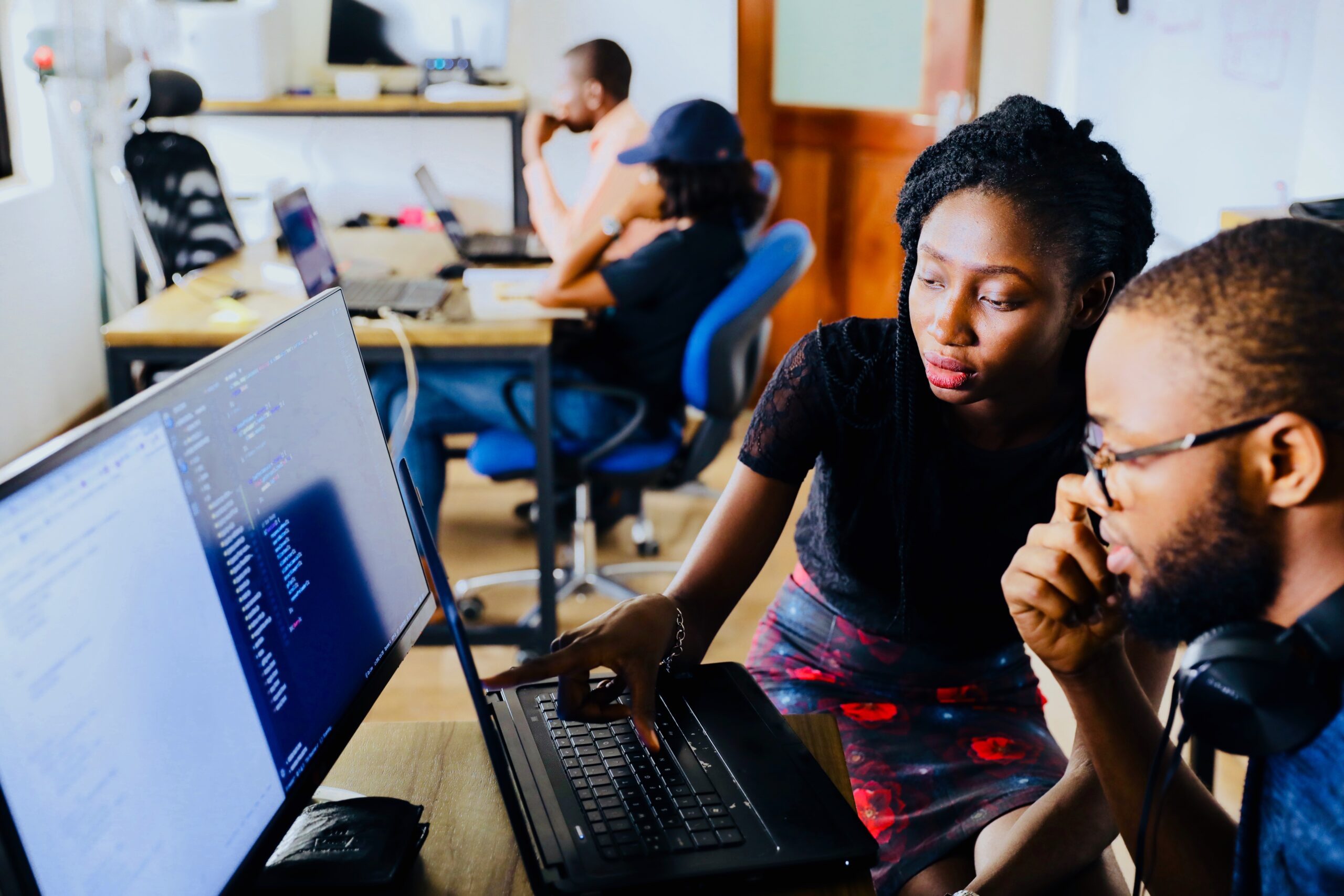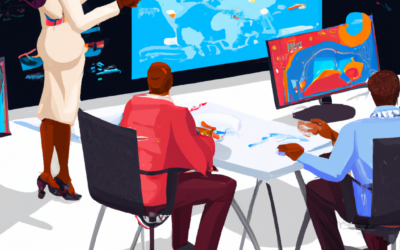Over the last twenty years, large companies realized that there is a valuable asset that they could tap into to answer questions no one was asking. These companies are actually data companies, similar to how Courts in the Caribbean, is not really in the furniture business, but in the loans business. Netflix, Amazon, Google, and Facebook are all in the data business. They evolved their traditional business intelligence teams into data teams and changed the game. We have all by now heard the phrase “data is more valuable than oil,” and in many respects it is true.
In the Caribbean, some banks and telecommunication providers have made the shift and are focused on data as an asset. Any company not focused on data as a core asset will most likely not survive this fourth industrial revolution. This is especially true for small and medium-sized enterprises. It’s no longer enough to just do operational reporting and dashboards, globally that was 10 years ago. Today, AI, machine learning, and blockchain are changing the way we look at data. Answering questions not being asked, innovating, and giving customers what they didn’t even realize they needed. If Caribbean companies, big and small, have not started the journey, imagine how easy it will be to disrupt them? Companies need to ask themselves; can they survive the impending disruption? Will they become obsolete? This chapter will explore use cases and stories that show how artificial intelligence and data can propel Caribbean economies into intelligent economies and give practical steps that leaders can take to start their journey and get ahead of the competition.
Coronavirus has destabilized the global economy and pushed us into a recession and as I write this, pending depression. Stocks have fallen, real estate impacted, businesses shuttered, and unemployment numbers are increasing each day. This pandemic is an unwanted thrust into a digital world, and we cannot go back to business as usual. We must learn from this and build more resilient economies, businesses and people.
What will the future of work look like? Remote work? Less commuting and traffic? How about the future of education? Will more parents do home schooling? And the future of business? Will we see more delivery options? Curb-side pickup? Online shopping and digital storefronts? The truth is, the smart businesses, schools and individuals will see that this is more than a temporary fix to the disruption. They will want this to continue even after borders are open and we return to our old habits. There is not turning back, this is the era that we currently live in, this is the fourth industrial revolution.
Read more at https://books.google.com.jm/books?id=XT0xEAAAQBAJ&pg=PA49&source=gbs_toc_r&cad=3#v=onepage&q&f=false




0 Comments